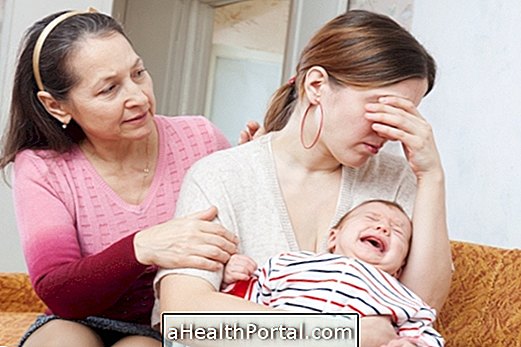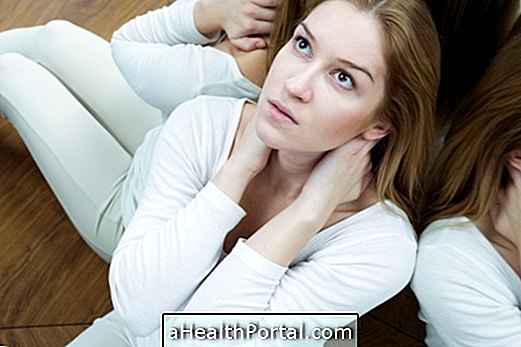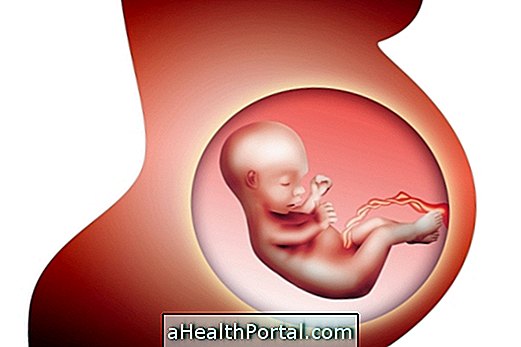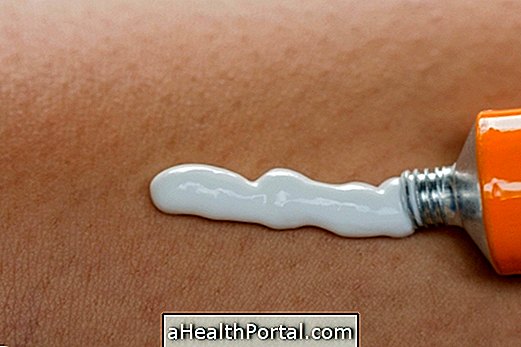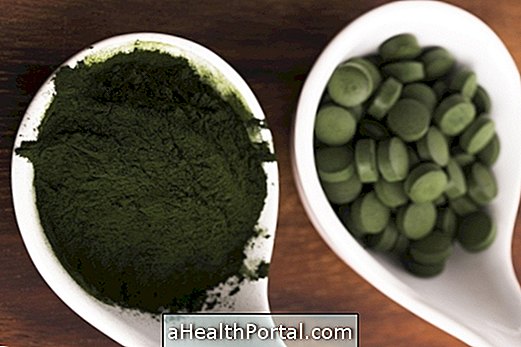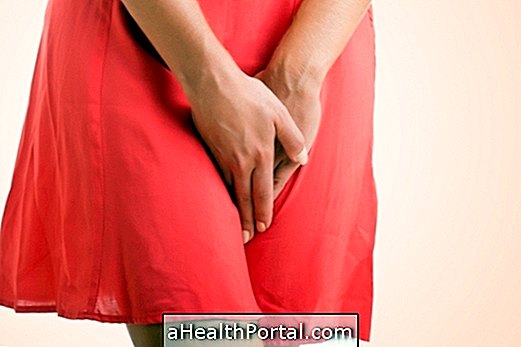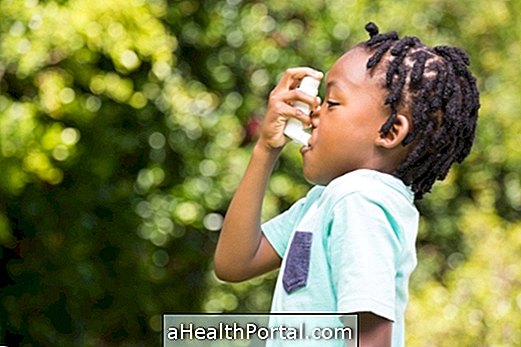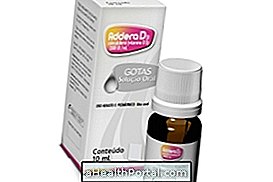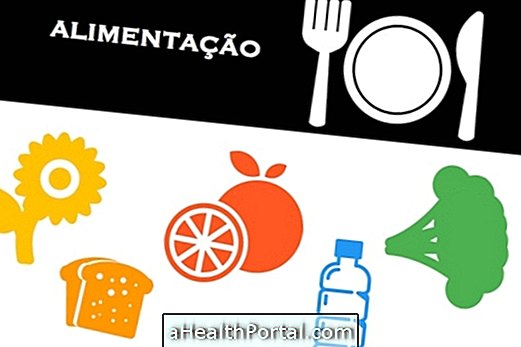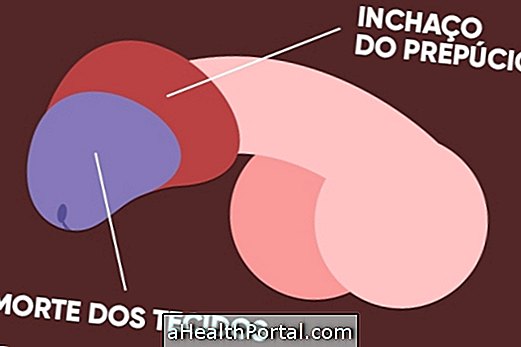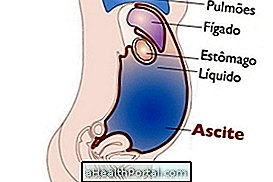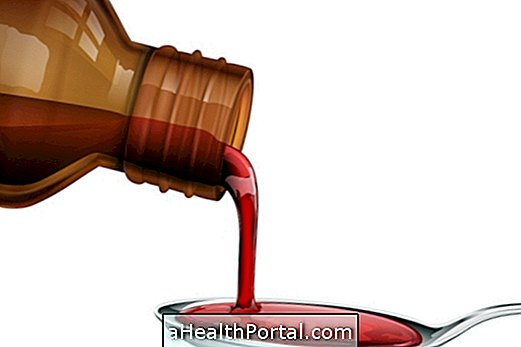Depression can be classified according to its cause and duration, as well as the symptoms that the patient presents. So there are 9 most common types of depression that include:
- Postpartum depression: Appears after childbirth and generates symptoms such as sadness, irritability or rejection of the baby;
- Major depression : presents 5 characteristic symptoms of depression, for more than 2 weeks, that compromise the daily activities of the individual;
- Bipolar depression: characterized by constant changes in the mood of individuals, ranging from deep depression to excessive joy;
- Reactive depression: it arises after a stressful event, like the death of a relative, and for which the individual can not react;
- Dysthymia : presence of several typical symptoms of depression for more than 2 years, the main one being constant sadness;
- Atypical depression : presents symptoms contrary to those of normal depression, patients having greater need to sleep, eat or have intimate contact;
- Seasonal affective disorder : annual episodes of depression, especially when there are seasonal changes, due to lack of sun, and have as symptoms fatigue, tendency to eat very sweet and drowsiness;
- Premenstrual syndrome : presence of at least 5 of the common symptoms of depression during the menstrual cycle, worsening in the week prior to menstruation;
- Psychotic Depression : In addition to the symptoms of depression, delusions and hallucinations may occur.
People with depression often have symptoms such as constant sadness, guilt, loss of energy, anxiety, irritability, insomnia, poor appetite, and suicide attempts. These symptoms last for long periods of time.
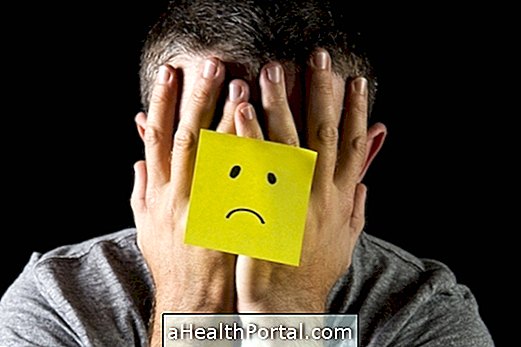
What to do if you suspect depression
In the presence of some of the characteristic symptoms of depression, consult a psychiatrist who will indicate the best treatment. Depression is a psychological disorder that requires treatment, choosing not to treat and finding that depression will heal itself is a common mistake, which can aggravate symptoms and seriously compromise one's quality of life.
The treatment to come out of depression varies according to the type of depression that presents itself, but it can be done with the use of antidepressant, anxiolytic, psychotic and psychotherapy medicines. The most appropriate doctor in case of depression is the psychiatrist who will indicate the treatment options, depending on the age and the general state of health that the person presents, since the medications have interactions that must be respected.
How long does it take to get out of depression?
In case of depression proven by the doctor, the minimum treatment time is 6 months, and the family context is one of the important factors for the success of the treatment. The cause that led to the development of depression must be discovered and solved, but certain people may need psychotherapeutic support to find the solutions they need to move forward and get out of depression.
Tips for Getting Out of Depression Faster
A good strategy to get out of depression is to find the source of pain and fear, which are leading to the permanence of depressive symptoms, such as lack of energy, disinterest in life and a feeling of weakness and incapacity. For this the psychiatrist or psychologist may use various strategies for the person to find the answers he needs. Some tips that may help are:
- Eat green banana biomass daily because it boosts the immune system and even helps you lose weight;
- If exposed to the sun at least 20 minutes every day because this promotes well-being;
- Walk daily for about 20 minutes because this improves blood circulation and releases oxytocin into the blood;
- Do not eat industrialized foods that produce toxins that accumulate in the body and increase the weight, damaging the self-esteem;
- Leaving the house every day to distract the mind and change some of the environment;
- Practice good deeds regularly so that the person can realize that he is capable of doing good to someone, finding some purpose in his life;
- Write in a diary your thoughts, pains, worries and everything that causes distress, to vent. This is an excellent strategy for anyone who does not have anyone to talk to in person.
See what else you can eat to improve your mood and feel better in your day-to-day life, in this video by nutritionist Tatiana Zanin:

